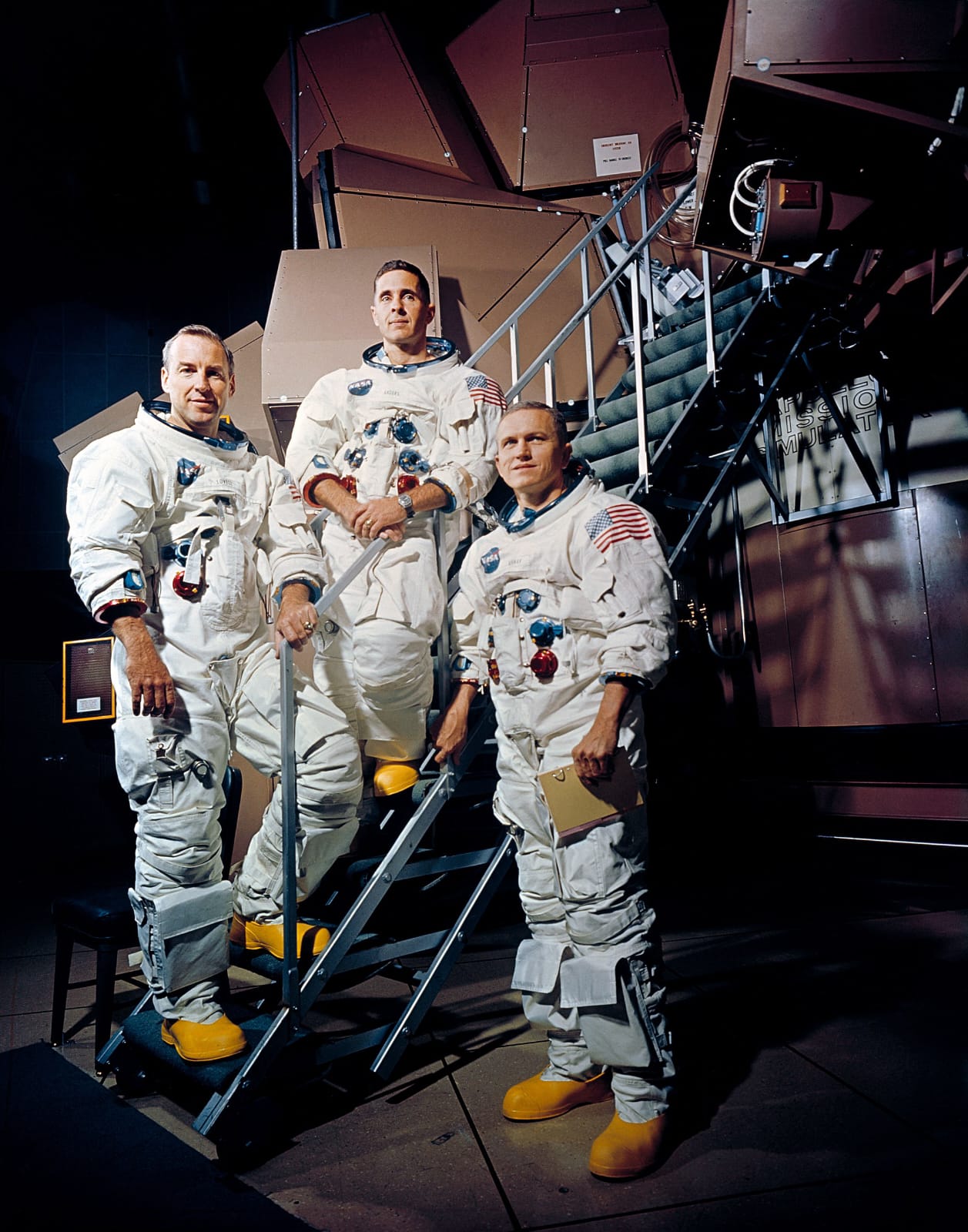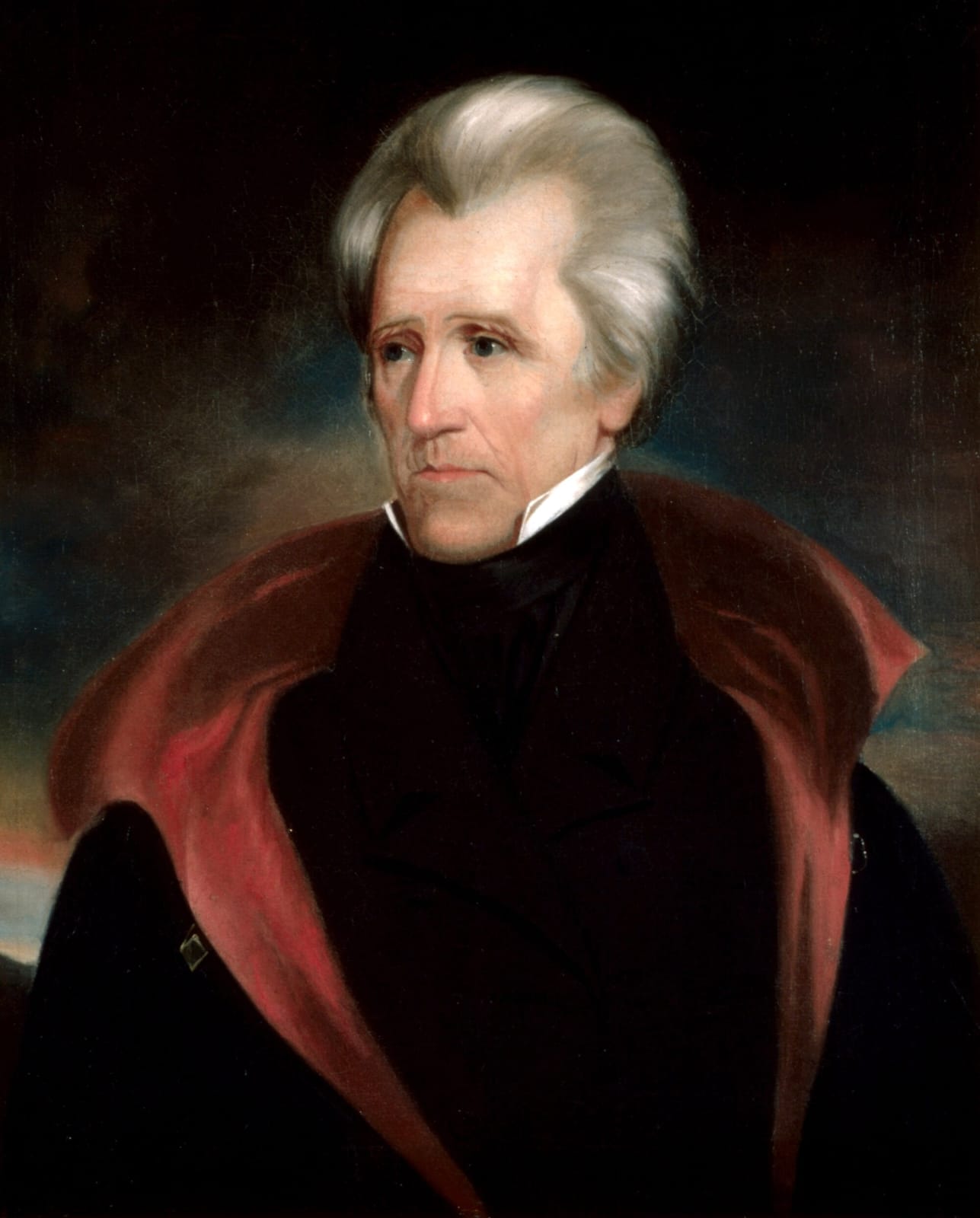Some dates fade into obscurity, but December 27 stands as a beacon of pivotal moments, spanning from groundbreaking scientific endeavors to political transformations and even a sprinkle of feline glamour. Buckle up for this comprehensive journey through time as we explore why December 27 is more than just a day—it’s a legend.
1703: The Methuen Treaty – A Friendship Sealed in Wine and Wool
On December 27, 1703, Portugal and England inked the Methuen Treaty, marking one of the most strategic alliances in European history. Essentially, Portugal agreed to import English textiles, and in return, England gave Portuguese wine a VIP pass into British markets. This wasn’t just trade—it was a geopolitical bromance.
But the treaty’s impact didn’t stop at economics; it laid the groundwork for a centurieslong alliance that would withstand wars and revolutions. England got its beloved port wine, and Portugal secured a steadfast ally. Winwin, or should we say, winewine?
1822: Louis Pasteur – The Birthday of a GameChanger
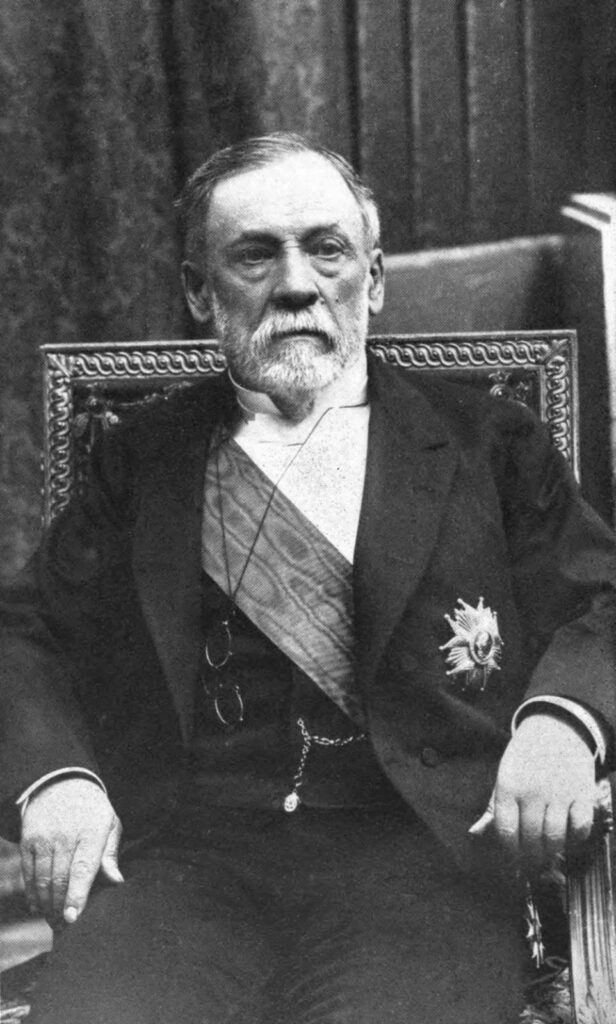
Born on December 27 in Dole, France, Louis Pasteur grew up to become one of the most influential scientists in history. His discoveries revolutionized how we understand and combat disease.
Vaccines: Pasteur developed the first vaccines for rabies and anthrax, saving countless lives.
Pasteurization: Before him, your morning milk was a bacterial minefield. Thanks to Pasteur, heating milk to kill germs became a standard practice.
Fermentation: Beer, wine, and cheese lovers, raise a glass to Pasteur’s work in fermentation science.
By the time Pasteur passed away, his name was synonymous with innovation, and his legacy lives on in labs and clinics worldwide.
1831: Charles Darwin’s Journey Begins
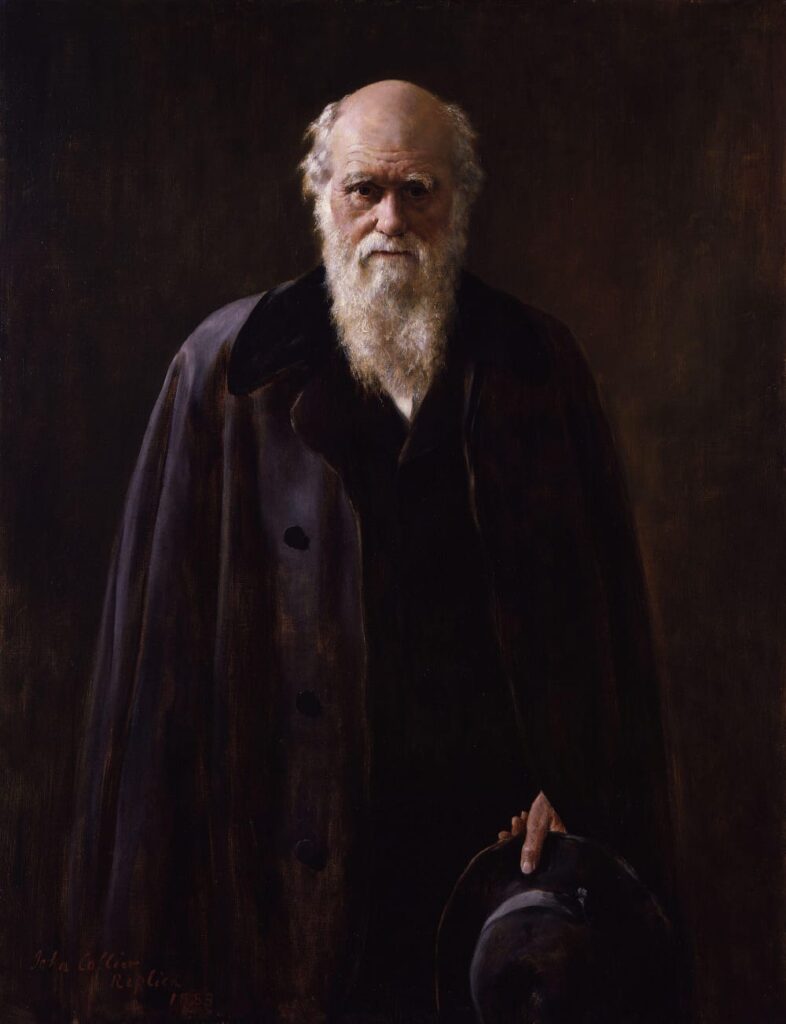
On December 27, 1831, a 22yearold Charles Darwin stepped aboard the HMS Beagle for a voyage that would rewrite the story of life on Earth. His fiveyear journey across the globe exposed him to diverse ecosystems, from the Galápagos Islands to South America, and sparked the ideas that culminated in his theory of evolution.
Darwin didn’t just observe; he questioned. Why did finches on different islands have different beak shapes? What explained the variations in tortoises? These seemingly simple questions gave rise to his groundbreaking work, On the Origin of Species, and fundamentally altered how we view ourselves and the natural world.
1871: Cats Take Center Stage at the Crystal Palace
The world’s first cat show, held on December 27, 1871, in London’s Crystal Palace, was the brainchild of Harrison Weir. This event wasn’t just about admiring cute kitties; it was a celebration of feline diversity and an assertion that cats deserved just as much respect as their canine counterparts.
Pedigree cats like Persians and Siamese took the spotlight, but moggies (mixedbreed cats) had their moment too. The show set the stage for the modern cat fancy movement, proving once and for all that cats weren’t just pets—they were stars.
1904: Peter Pan Debuts in London
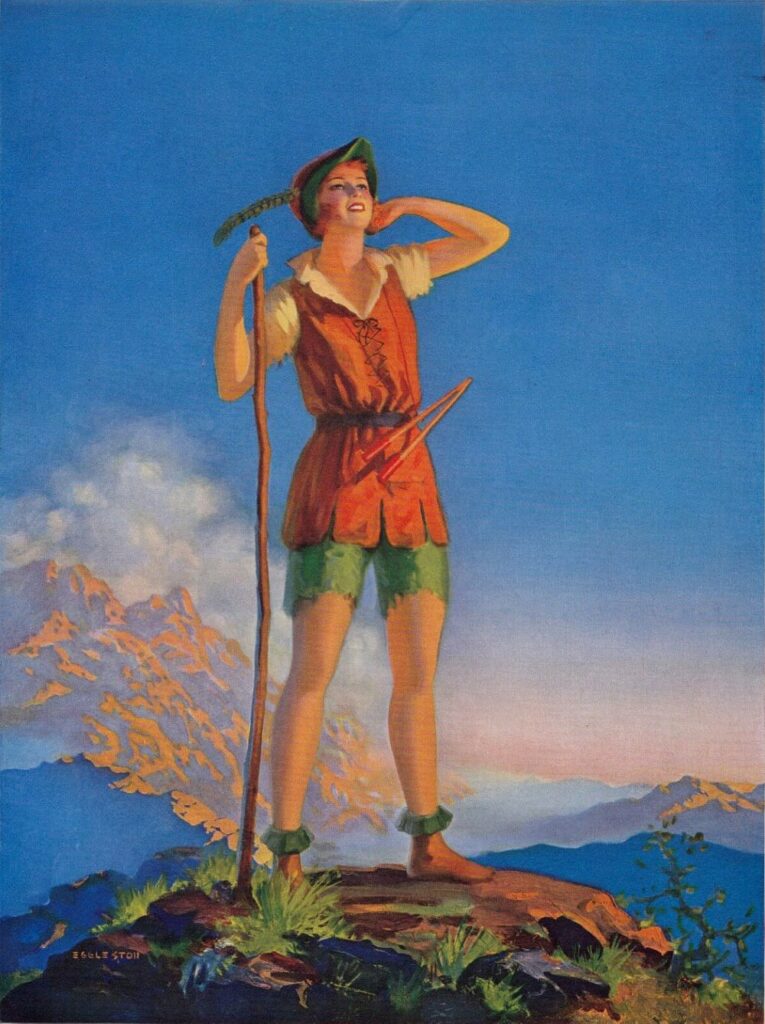
On this day in 1904, London theatergoers were introduced to a boy who refused to grow up. J.M. Barrie’s Peter Pan premiered at the Duke of York’s Theatre, enchanting audiences with its whimsical story of Neverland, fairies, and pirates.
What made this play revolutionary? Its celebration of imagination and defiance of societal norms about adulthood. Peter Pan wasn’t just a children’s story; it was a reminder to all ages that a touch of magic could transform the ordinary into the extraordinary.
1945: The IMF Gets Down to Business
PostWWII economic chaos needed a hero, and the International Monetary Fund (IMF) stepped in on December 27, 1945. Designed to stabilize global currencies and foster economic cooperation, the IMF became a cornerstone of postwar recovery.
Initially comprising 29 member countries, the IMF now includes nearly every nation. Its mission? To prevent financial crises, promote sustainable growth, and ensure that the global economy doesn’t spiral into chaos. Think of it as the world’s economic referee.
1968: Apollo 8 Returns Home
After orbiting the Moon and capturing the firstever photos of Earth from space, the Apollo 8 crew safely splashed down on December 27, 1968. This wasn’t just a space mission; it was a human triumph.
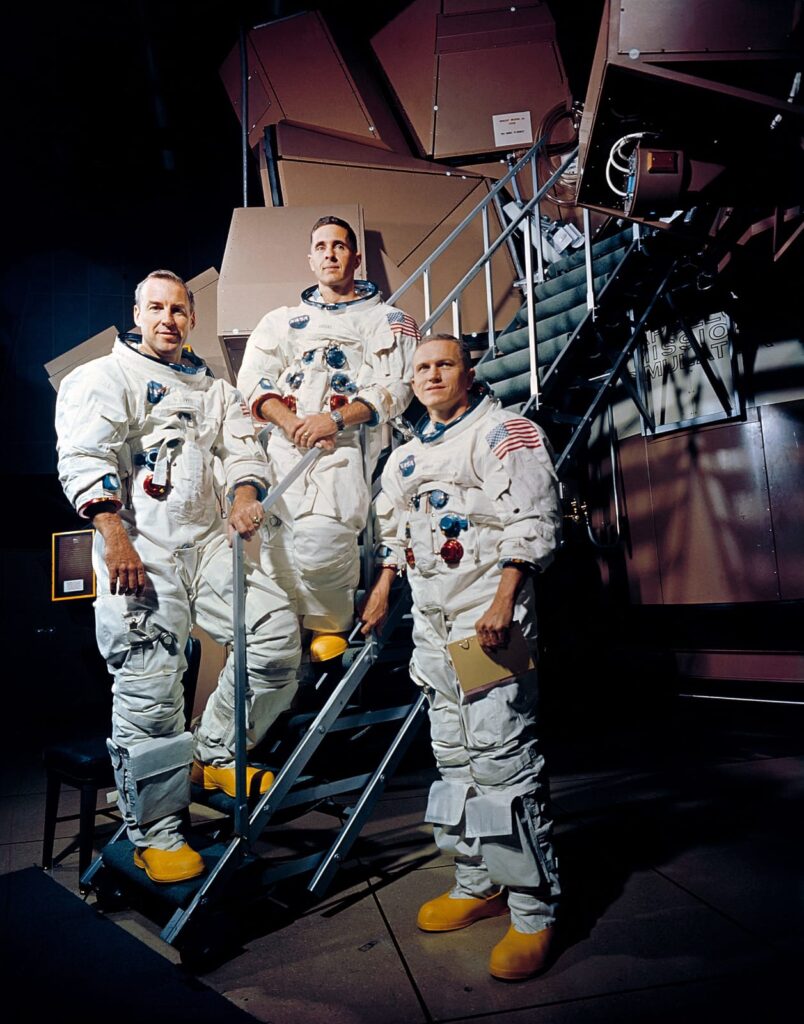
The mission was filled with milestones:
First humans to leave Earth’s orbit.
First to witness and photograph an Earthrise.
First to orbit the Moon.
The crew’s reading of Genesis during Christmas Eve broadcasted a moment of peace to a tumultuous world, and their return marked the success of one of NASA’s boldest missions.
1978: Spain’s Democratic Rebirth
After decades under Francisco Franco’s dictatorship, Spain embraced democracy on December 27, 1978, by adopting a new constitution. This historic document established Spain as a parliamentary monarchy, guaranteeing individual rights and freedoms.
This wasn’t just a legal change; it was a cultural renaissance. Spain began shedding its authoritarian past and stepping into a modern, democratic future. The world watched as a nation transformed itself with courage and optimism.
1979: The Soviet Union Invades Afghanistan
In a move that shocked the world, Soviet troops entered Afghanistan on December 27, 1979, to prop up a faltering communist government. What followed was a brutal, decadelong conflict that would shape global geopolitics for decades.
The invasion sparked fierce resistance from Afghan mujahideen fighters, backed by countries like the U.S. and Pakistan. The war drained Soviet resources, contributed to the USSR’s eventual collapse, and set the stage for ongoing instability in the region.
1985: The Tragic Death of Dian Fossey
On December 27, 1985, Dian Fossey, the renowned primatologist and conservationist, was found murdered in her cabin at the Karisoke Research Center in Rwanda. She had been struck on the head with a machete, a weapon found at the scene. Despite investigations, her murder remains unsolved, shrouded in speculation and mystery.
Fossey dedicated her life to studying and protecting mountain gorillas, an endangered species she first encountered in the late 1960s. In 1967, she founded the Karisoke Research Center, immersing herself in their habitat to document their behavior and combat threats like poaching and habitat destruction. Her memoir, Gorillas in the Mist (1983), brought global attention to the plight of gorillas and solidified her legacy.
Fossey’s death was a devastating loss to conservation, but her legacy lives on. Her tireless efforts helped lay the foundation for mountain gorilla conservation, inspiring global awareness and continued protection of these majestic creatures.
1845: Ether Revolutionizes Childbirth
On December 27, 1845, a groundbreaking moment in medical history unfolded when Dr. Crawford W. Long used ether as a form of pain relief during childbirth for the first time. This remarkable event marked the beginning of a new era in obstetrics and anesthesia. Prior to this innovation, women endured excruciating pain during labor, with few, if any, effective options for alleviation. The introduction of ether provided a safe and effective method to significantly reduce suffering, offering hope and comfort to countless women.
This milestone was not merely a scientific advancement; it was a profound humanitarian achievement. By transforming the childbirth experience, ether laid the foundation for the development of modern anesthesia, revolutionizing not only obstetrics but also surgical practices worldwide. Dr. Long’s pioneering work set the stage for further innovations, ensuring safer and more humane medical care for generations to come.
Final Thoughts: A Day of Destiny
December 27 isn’t just another date on the calendar—it’s a day when the world has dared to dream, innovate, and evolve. From scientific breakthroughs to political revolutions and cultural milestones, this day encapsulates the indomitable spirit of humanity.
